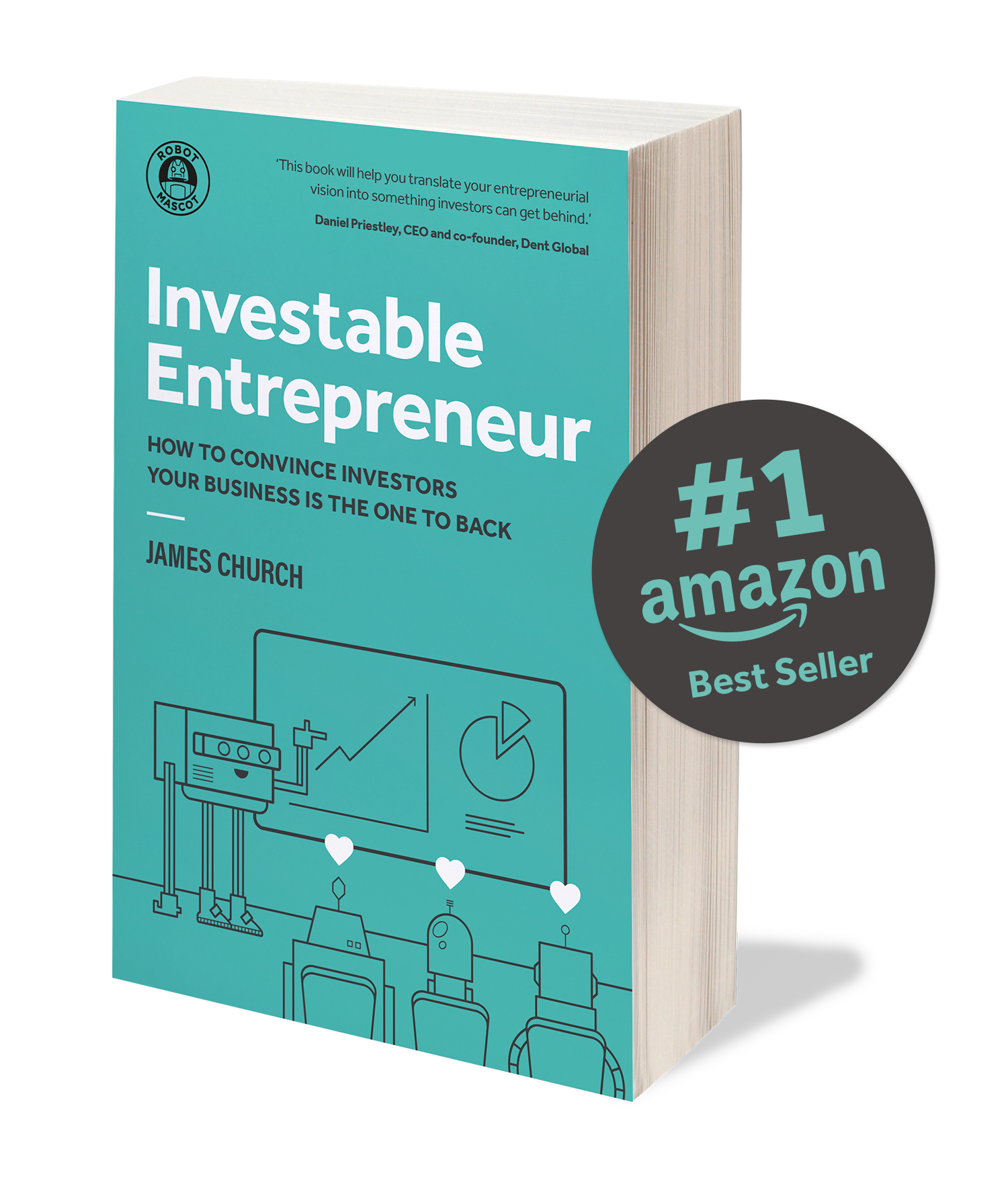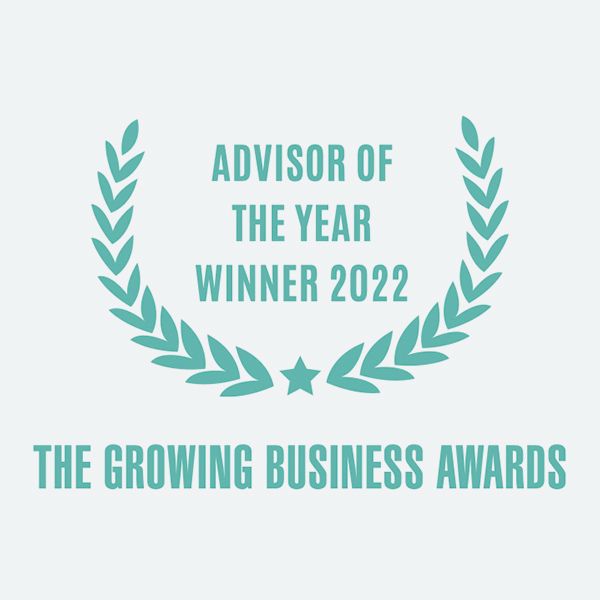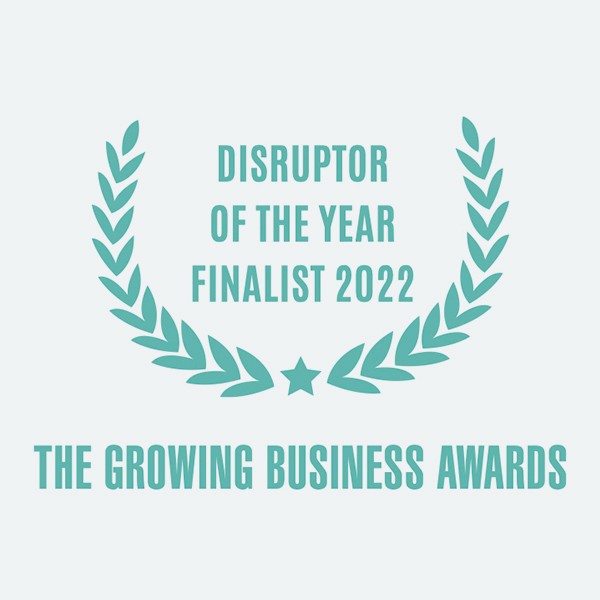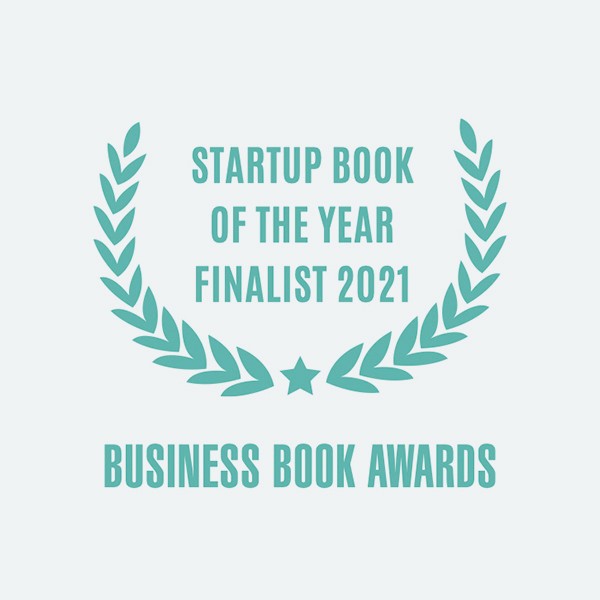

Copying a U.S. startup pitch will set you up for failure—here’s why
4th March 2022
A vast number of the startups that explode into worldwide mega-success begin in the US, so it’s not unreasonable for a UK or European founder to consider imitating them.
You might look at a classic US startup pitch–like the Airbnb seed deck, for example–and use it as a template for your pitch presentation, hoping the same magic will happen.
After all, if the Airbnb seed deck can hoover up investment on the other side of the pond, piggybacking on their approach will logically hook investors over here as well?
When you think about it, that sounds like fool-proof reasoning.
Except it won’t work. And here’s why:
UK investors are entirely different from their US counterparts.
- UK investors have a very different attitude to risk; and
- US investors have a very different attitude toward failure.
In other words, even though the Airbnb seed deck was monumentally successful Stateside, using it as the starting point for your own pitch presentation will never secure your investment in the UK and Europe.
Related: How and Why a Great Pitch Deck Design Can Win Over the Support of Even the Most Reluctant Investor
Probably the best way to explain why is by highlighting a statistic I came across recently. It surprised me when I first read it but, the more I thought about it, the more it made sense. It also reflects our own experience of working with startups in the UK.
- In the US, 60% of investors have worked at a startup.
- In the UK, only 8% of investors have worked at a startup.
Take a moment to consider what that means.
If UK investors have never been involved in a startup first-hand, they don’t have the boots-on-the-ground experience that most US investors do. As a result, they’re much more risk averse.
Also, because they’re less likely to have been involved in a startup first-hand, UK investors don’t know what kind of character makes for a successful founder. So, when they’re presented with a pitch, UK investors don’t focus on the overwhelming charisma of the founder’s personality or their exceptional ability to problem solve and think fast on their feet.
Instead, they like to stay inside the comfort zone of five-year forecasts and long-term implementation strategy. UK investors are most comfortable when a startup pitch wraps them up in the security blanket of soft data and economic projections, even at the seed stage when all those forecasts and implementation strategies are still largely a vast unknown.
What’s another crucial difference between UK and US investors?
Where US investors are much more likely to trust their instincts and sweat a little less over the documentation, UK investors will want to see all the key documentation before deciding on whether to invest in your startup. They’ll analyse your figures in precisely the same way they would if they were making a corporate decision on where to allocate an organisation’s budget.
That’s the way UK investors are. It’s not their fault. Half of all UK investors come from a consulting, finance, or investment banking background, and they’re conditioned to trust numbers far more than people.
It’s also why many UK investors rely so heavily on using sector experts and ex-founders to assess a prospective founder’s ability. UK investors place a tremendous emphasis on third-party validation because they haven’t got the knowledge or experience to evaluate the founder’s ability for themselves. If one or more of those experts or advisors is prepared to put their reputation on the line to back this potential founder, that’s a clear sign the founder must be a good bet.
That’s why repurposing a US startup pitch will never work in the UK, because UK investors and US investors aren’t just separated by an ocean. When it comes to the startup pitch they’re looking for, they are worlds apart.
Yes, perhaps it would be nice if UK investors were a bit more adventurous, but your time would be much better spent doing your homework and honing your startup pitch, so it’s exactly the offering they are looking for.
Investors hold all the cards, and they’ve already got more startups approaching them than they need; there’s no point complaining they should make more of an effort to see things from a founder’s point of view or wishing they could be gutsier and fewer data-driven like investors in the States.
The Bottom Line
It’s essential to recognise what UK and European investors are looking for and give them all the information they need in a way they’ll understand it. Present them with a detailed, clean and concise business plan, credible financial projections and a compelling pitch that demonstrates you have the strategy, insight, and resources to make your proposal a success.
Don’t look to the US for a magic bullet. Instead, speak to UK and European investors in the language they understand, and your chances of becoming a successful, investable entrepreneur will skyrocket.
Want to know more about becoming an Investable Entrepreneur? You can download a free copy of Robot Mascot COO James Church’s bestselling book here.
UP NEXT:
My Investment Campaign Isn’t Working – What Am I Doing Wrong?
How to Write Compelling Pitch Deck Content That Engages Investors
Learn how to convince investors
Investable Entrepreneur takes you through our winning methodology – the process we use to increase our client’s chances of raising investment by more than 30x.
“This book will help you translate your entrepreneurial vision into something investors can get behind.”
Daniel Priestley, CEO and founder, Dent Global and four times best-selling business author

Keep up to date with what we’re up to via email






Copyright ©Robot Mascot Ltd. All rights reserved.





